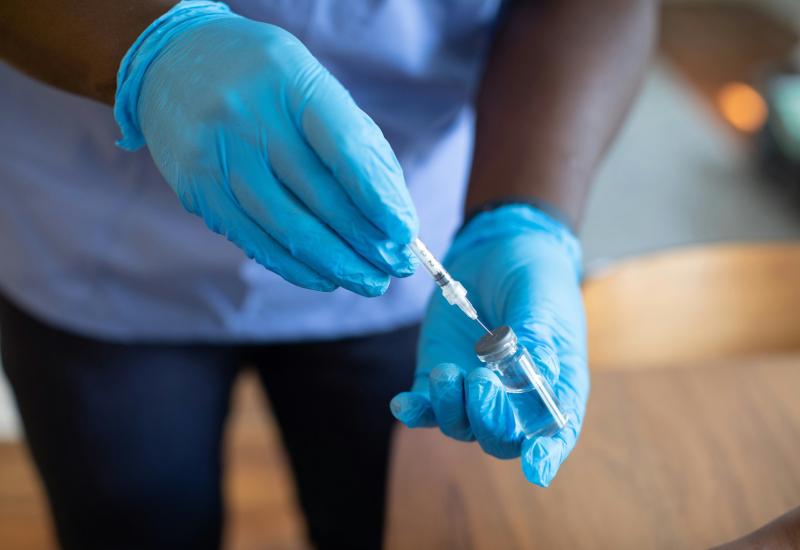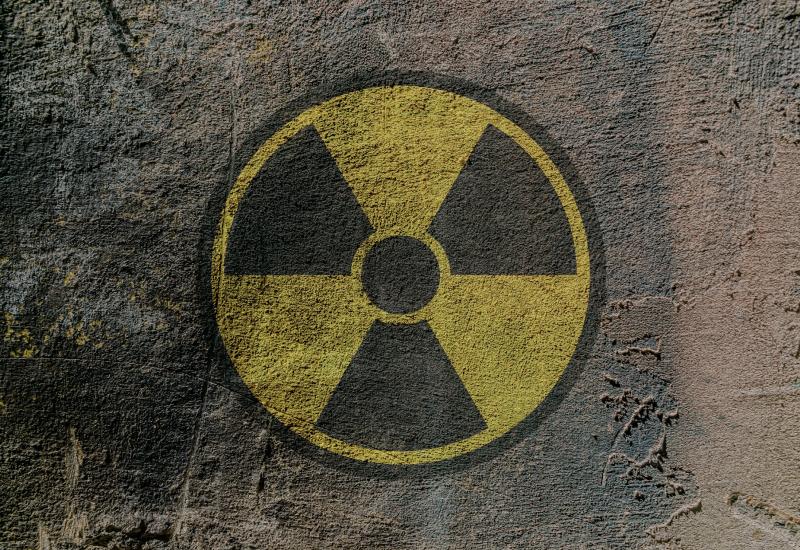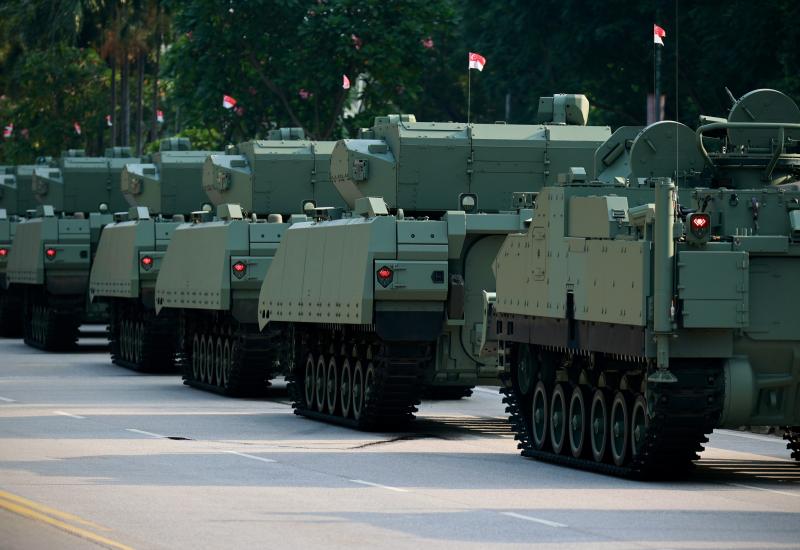
Deals accompany new phase 1 trial starts
First-in-human studies include a new pan-KRAS inhibitor and CDK2/4 degrader.
First-in-human studies include a new pan-KRAS inhibitor and CDK2/4 degrader.

Recent deals featuring pan-KRAS inhibition and CDK2 degradation have been accompanied by entries into human trials of competing projects with similar mechanisms. These are Erasca's ERAS-4001, due to begin the phase 1 Borealis-1 study in August, and NiKang's CDK2/CDK4 degrader NKT5097, which started its first-in-human trial last month.
These new studies have been revealed in recent listings on clinicaltrials.gov, which also include INCA035784, a CALR-targteing T-cell engager from Incyte. The latter is notable because Incyte is separately developing a naked MAb against mutated CALR, INCA033989, and this impressed at the recent European Hematology Association meeting in the rare condition essential thrombocythemia.
Auroras then Borealis
For Erasca the start of Borealis-1 comes as a reminder of a move away from the former lead project naporafenib, a pan-RAF inhibitor earlier cast off by Novartis, and towards two pan-RAS projects licensed in May 2024 from China’s Joyo Pharmatec.
These two were ERAS-0015, a pan-RAS "molecular glue", and ERAS-4001, a pan-KRAS inhibitor. It's the latter that is now to start Borealis-1, a study in patients with solid tumours harbouring a KRAS mutation who have not had prior RAS inhibitor treatment, after ERAS-0015 began the phase 1 Auroras-1 study in RAS-mutated solid tumours earlier this month.
Pan-RAS inhibition has been in focus after the leader in this space, Revolution Medicines, sold a royalty on daraxonrasib in a deal with Royalty Pharma worth up to $2bn in total. It won't go unnoticed that the two Joyo assets cost Erasca just $12.5m up front – a fair amount given that they were preclinical, but modest compared with the hype heaped on this approach.
Another small deal saw Gilead on Wednesday pay Kymera $85m up front for rights to discovery work in CDK2 degradation, which preclinically at least promises to be more potent than CDK2 inhibition. Newly into the clinic is NiKang's CDK2/CDK4 degrader NKT5097, which is relevant also in the fact that NiKang is separately developing a CDK2 degrader, NKT3964, which started phase 1 last year.
The dual approach appears to be an attempt to capture in one molecule what others are attempting to do with two. The most notable company combining a CDK2 with a CDK4 inhibitor is Pfizer, with a trial of PF-07104091 plus atirmociclib. Last year Roche did a deal with Regor Pharmaceuticals that included RGT-419B, a molecule that inhibits CDK4 and has a low level of activity against CDK2.
Recently disclosed first-in-human studies*
| Project | Mechanism | Company | Trial | Scheduled start |
|---|---|---|---|---|
| NKT5097 | CDK2/CDK4 degrader | NiKang | Focus on breast cancer & solid tumours with CCNE1 amplification | 30 Jun 2025 |
| INCA035784 | CALR T-cell engager | Incyte | Myeloproliferative neoplasms with CALR exon-9 mutation | 30 Jul 2025 |
| AKY-1189 | Nectin-4 radioconjugate | Aktis | Nectin-4+ve solid tumours | Jul 2025 |
| ERAS-4001 | Pan-KRAS inhibitor | Erasca | Borealis-1, KRASm, RASi-naive solid tumours | Aug 2025 |
| AB821 | CD8-targeted IL-21 fusion protein | Asher Bio | Solid tumours | Aug 2025 |
Note: *projects newly listed on the clinicaltrials.gov database between 6 and 19 Jun 2025.
In the separate space of mutant CALR blockade, Incyte recently reported a best response rate of 83% with INCA033989 in essential thrombocythemia with any CALR mutation, a result driven by activity that was especially strong in type 1 mutations.
Now Incyte's anti-CALR T-cell engager INCA035784 is coming into play, with a phase 1 trial in myeloproliferative neoplasms with CALR exon-9 mutation due to start next month. The only competitor here is Johnson & Johnson's JNJ-88549968; this too is an anti-CALR T-cell engager, but has apparently yet to yield data from a phase 1 trial started in December 2023.
The latest first-in-human starts are also notable for including Aktis Oncology's AKY-1189, which appears to be the industry's only anti-Nectin-4 radioligand therapy. A related project last year yielded promising case reports, but the new study, due to start in July, is AKY-1189's first official phase 1.
1916













